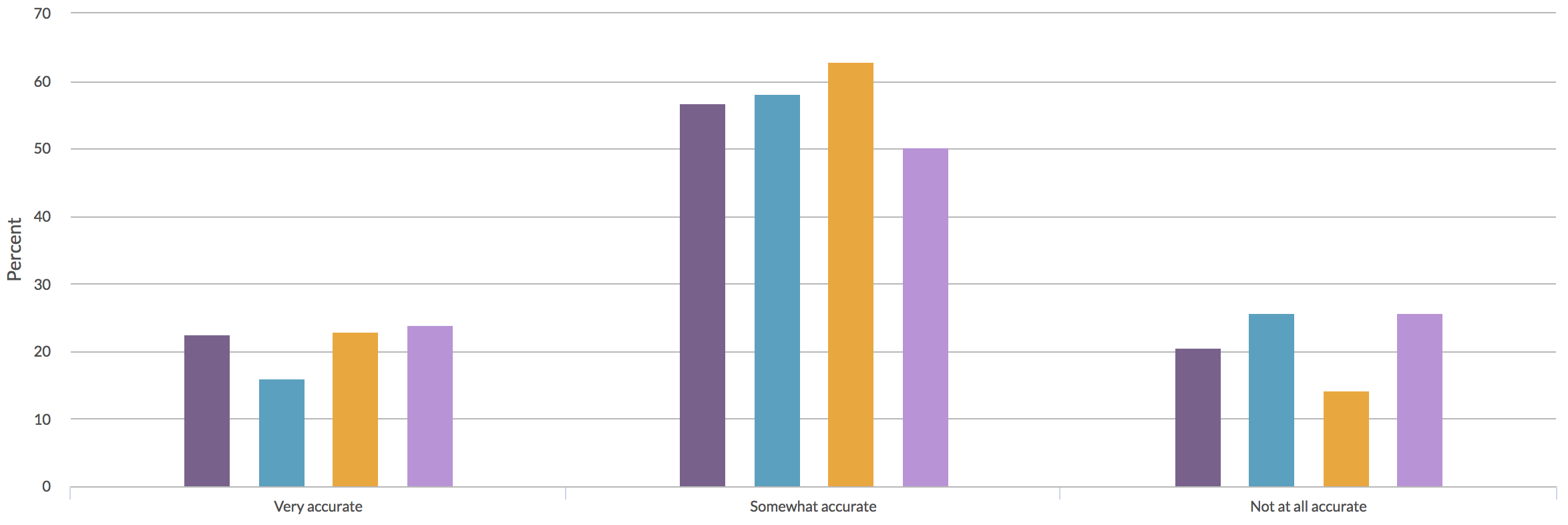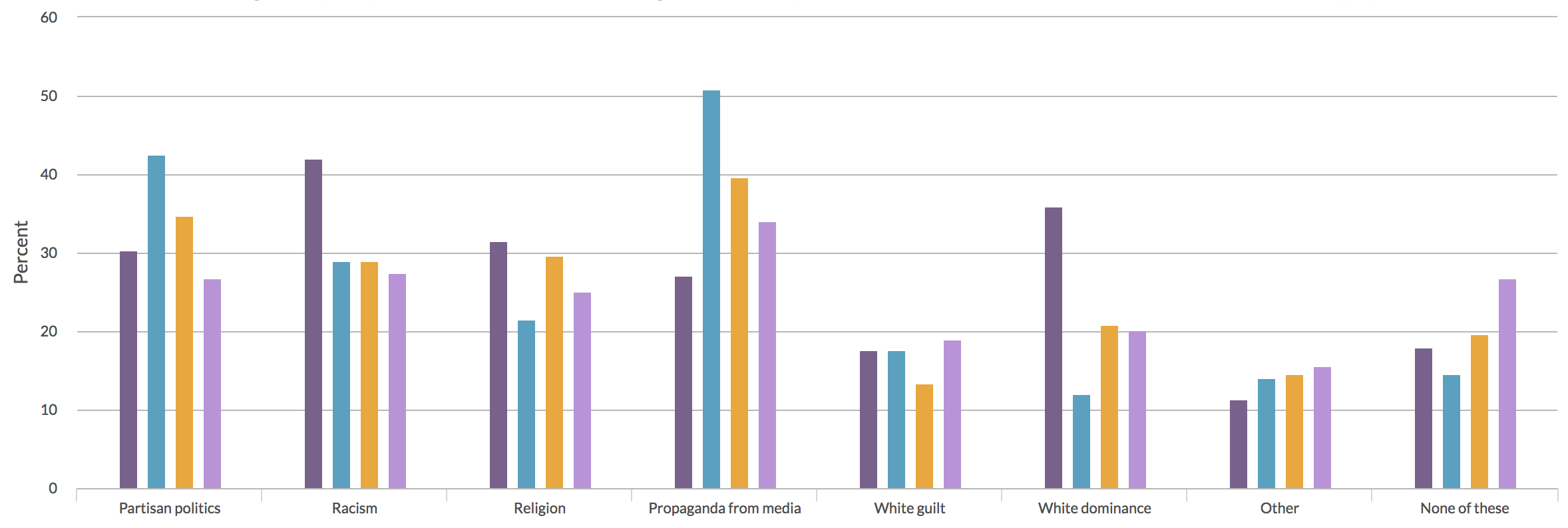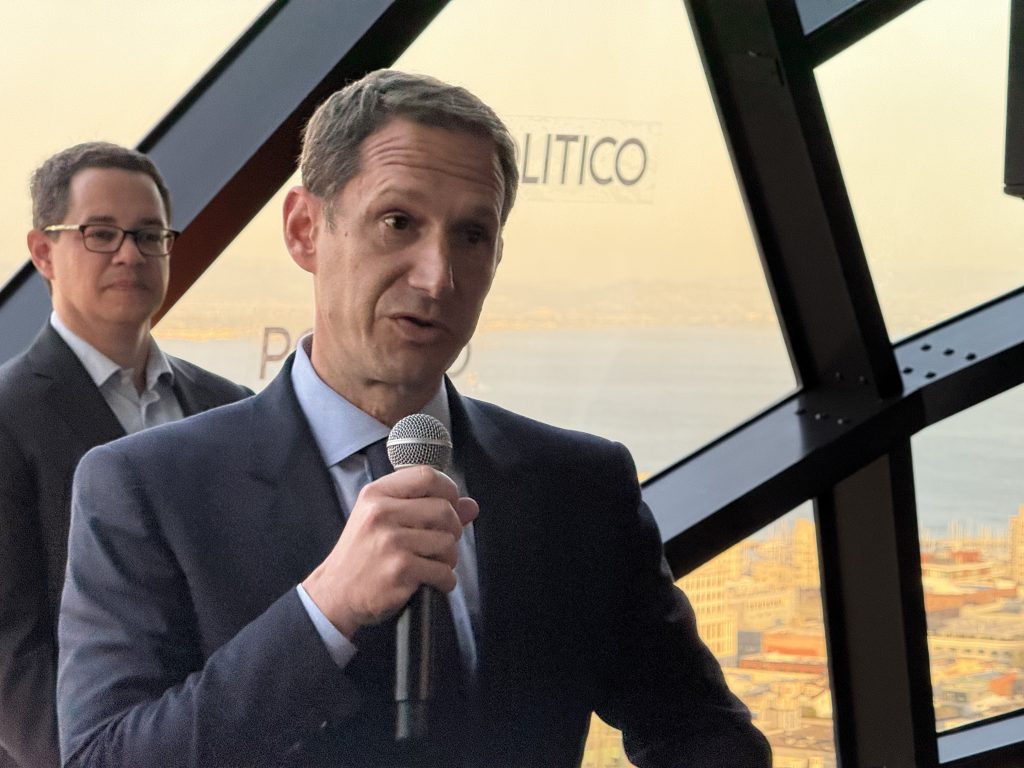 It is said that “those who do not understand history are doomed to repeat it.”
It is said that “those who do not understand history are doomed to repeat it.”
But what happens when there is no agreement on what constitutes “true” history at a time when the attorney for the President of the United States declares that “truth is not truth?”
Furthermore, what are the implications when legitimate journalism is called into question, disseminators of “alternative facts” are given equal footing with fact-checkers, and our cultural ability to separate fact from fabrication is blurred?
Bospar recently worked with Propeller Insights on a consumer survey that explored these questions. The results were chilling.
‘Just the facts, ma’am!’
While ironically inaccurately attributed to Detective Joe Friday of the 1950s hit TV show Dragnet, the phrase “Just the facts, ma’am!” became ingrained in popular culture for decades. If only this were the case today.
The survey found, among other things, that 59 percent of Republicans feel media propaganda is causing inaccuracies in our school system. Even more disturbing is this: more Republicans trust President Trump for “the facts” than trust academics or school teachers.
On the other side of the aisle, more Democrats trust movies and documentaries than trust academics or school teachers.
Take a look at the following charts. Democrats are in deep purple; Republican, in light blue; Independents, in gold; and “other” is in light purple.
How accurate, if at all, do you think your local school system’s history classes are?

Which of the following, if any, do you think are factors causing our school systems to teach inaccuracies? Please select all that apply.

Which of the following, if any, do you most trust to give you the facts? Please select all that apply.

This was a statistically valid sampling of U.S. citizens. Party affiliation is clearly a differentiator when it comes to the issue of whose facts you can trust and the degree to which they can be trusted. The lack of trust in anyone/anything is a clear present and future danger. The low regard for all categories of information resources depicted in the last chart amplifies the challenges with reaching agreement on a common set of shared values being taught going forward.
The real challenge is that when the sources used as the foundation for validation are themselves questioned, the task of finding common ground becomes that much more difficult. The denial of anthropogenic climate change and denial of science in general is an example of the difficulties modern Americans are having discerning fact from fiction.
To paraphrase an old saying: trust is hard to earn, easy to squander and extremely difficult to regain. Now, to raise each of these bars, but in particular increasing trustworthiness in our educational institutions and the legitimate press, needs to be a priority.
Knowledge really is power, and an informed citizenry can change the arc of history.




